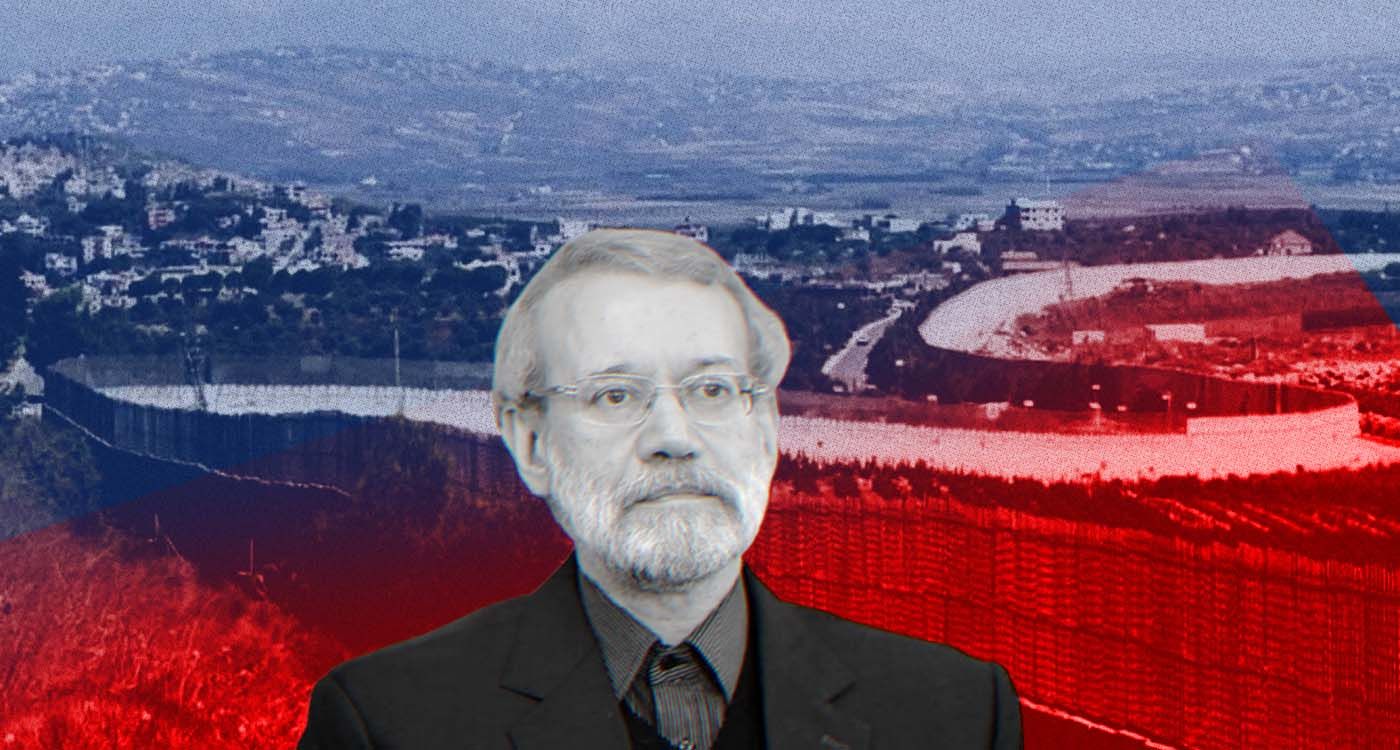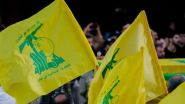
Ali Larijani, Secretary of Iran’s Supreme National Security Council, is among the closest officials to the Supreme Leader Khamenei and a successor to figures like Qassem Suleimani, who shaped Iran’s regional security and political influence.
Larijani’s latest visit to Lebanon, coming after recent Lebanese government decisions and strikes by Israel and the United States against Iran, sharply differs from his previous trips. Yet Iran, much like Hezbollah in Lebanon, continues a posture of unprecedented denial.
Despite clear messages from the Lebanese President and Prime Minister rejecting Iranian interference and insisting on state control of weapons, Larijani attempted to sidestep these positions, emphasizing the “right of resistance” and Israeli withdrawal. Lebanon’s response was firm and unambiguous, aligned with the government’s stance and the Thomas Barrack paper ratified by Beirut.
Beyond protocol, Lebanon’s handling of Larijani signals the beginning of its liberation from Iranian control. Years ago, when Iranian officials claimed influence over four Arab capitals, including Beirut, Lebanese authorities remained silent, fearing any response that might provoke Hezbollah. Today, Lebanon directly and firmly confronted Larijani, forcing him to alter his travel route after Syria closed its airspace, signaling the broader collapse of Iran’s regional network. For the first time, Iran received a clear message: engagement with Lebanon must follow formal diplomacy rather than dealings with a single military faction.
Two developments highlight the shift. First, the meager turnout of a few dozen Hezbollah supporters on motorcycles, a far cry from the days when the party’s presence dominated the capital. The second is Finance Minister Yassine Jaber’s sovereign-centered approach, particularly his statement advocating full state control of weapons, which sparked Hezbollah’s anger. Together, they underscore how far Lebanese politics have shifted and how much influence Iran and its allies have lost in the current balance of power.
The question now is how this shift will play out in the upcoming elections if the Shia political arena remains firmly under the control of Amal and Hezbollah. The possibilities are many.



Comments